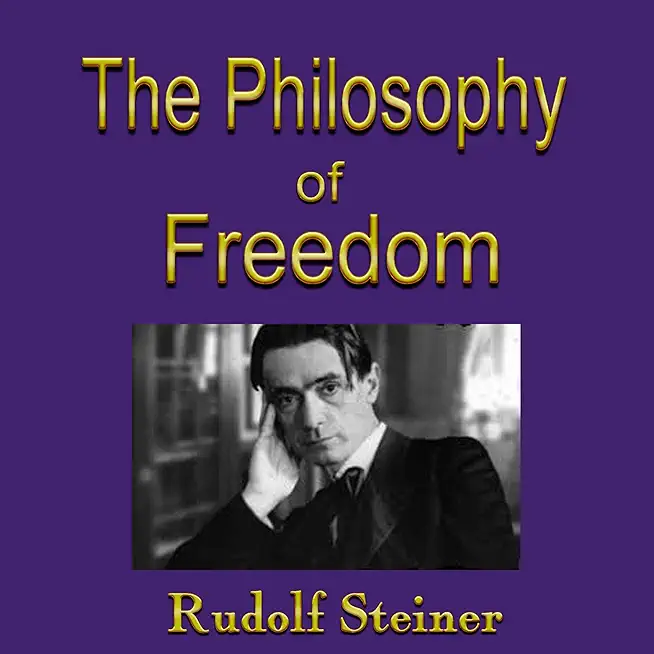
description
fundamental philosophical work of the philosopher and esotericist Rudolf Steiner (1861-1925). It addresses the question of whether and in what sense human beings can be said to be free. Originally published in 1894 in German as Die Philosophie der Freiheit, with a second edition published in 1918, the work has appeared under a number of English titles, including The Philosophy of Spiritual Activity (the title Steiner proposed for the English-language translation), The Philosophy of Freedom, and Intuitive Thinking as a Spiritual Path . Part One of The Philosophy of Freedom examines the basis for freedom in human thinking, gives an account of the relationship between knowledge and perception, and explores the role and reliability of thinking as a means to knowledge. In Part Two Steiner analyzes the conditions necessary for human beings to be free, and develops a moral philosophy that he describes as "ethical individualism".
member goods
No member items were found under this heading.
listens & views

KENT'S CELLAR OF SOUL / ...
by KENT'S CELLAR OF SOUL / VARIOUS (UK)
COMPACT DISCout of stock
$12.99

FRAU BOEWE & HERR MORGENSTERN ...
by BOEWE,JULE,AND MORGENSTERN,TOBIAS
COMPACT DISCout of stock
$22.99
Return Policy
All sales are final
Shipping
No special shipping considerations available.
Shipping fees determined at checkout.





